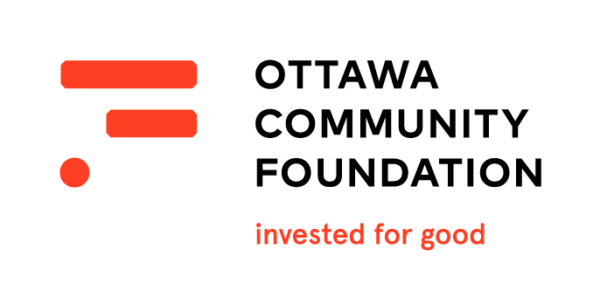When I talk to music teachers, one thing that comes up a lot is: “I have a student who seems like they might have some diagnosis, but the parents haven’t said anything. What should I do?” Other teachers have asked if they should avoid this situation altogether by directly asking their new families about any diagnoses before starting lessons. These situations can be difficult to navigate, and there are no “always” answers. This post will cover some key things to think about related to student diagnoses and music learning: what they tell you, and what they don’t. Then, we’ll finish up with some general advice for how you can handle this topic in your studio.
Knowing a student’s diagnosis can help you start thinking about some general characteristics that may be relevant to your work with them, like their communication or cognitive abilities, behaviours, motor skills, or sensory profile. Knowing the characteristics associated with a student’s diagnosis can be especially useful at the beginning when you don’t know them very well. This knowledge allows you to look out for the characteristics during their intake meeting and early lessons as you are learning how to best work with the student and develop appropriate lesson plans. For example, if I am told that a student is autistic, I might pay more attention to their communication skills so I can adjust my teaching style accordingly. If they are not doing something that I have asked them to do, I won’t just assume that they are refusing or don’t know how. Instead, I will consider the possibility that they struggle with verbal comprehension, and they don’t understand what I am saying because of the way I communicated it. In this way, a diagnosis can be a useful tool for making sense of what you observe when working with a student and responding adaptively.
Despite everything I’ve just said, it's really crucial to not assume that a student’s diagnosis tells you everything. Regardless of any label that we’ve been given ahead of time, our job is to teach every student as an individual with their own interests, skills, and challenges. Let’s go back to that autistic student I mentioned earlier: just because I’m keeping an eye out for their communication skills doesn’t mean I’m coming in with any assumptions about what their abilities will be. I’m also not assuming that their communication skills are going to hamper their learning in any way – for some autistic students, they don’t end up being relevant at all in our lessons. I also won’t assume that every strength or challenge is directly related to their diagnosis. For example, if I change my communication style and the outcome doesn’t change, I will keep an open mind and explore other possible causes. Treating every student individually allows you to set up everyone for success, including those who don’t have any diagnosis. The same intake framework we suggest for evaluating new students’ abilities is a great way to look at every student as an individual, whether they have a diagnosis or not.
At the Lotus Centre, we do ask about any diagnoses as part of our intake process. Because we are a school specifically for students with exceptionalities, we assume that new students come to us specifically because they want a teacher who is aware of their diagnosis and can provide an appropriate approach. However, in a private teaching setting like your home studio, what to do about this might be a bit less straightforward. Personally, I’ve found that if new families do not mention a diagnosis, it’s often best not to ask about it directly in case they aren't comfortable sharing it at that time. Instead, you can try asking an open-ended question, like “is there anything that it would be helpful for me to know about [the student] that could be important for our work together?” While it could certainly help to know about any diagnoses up front, remember that you’re treating the student as an individual anyway, so you can just evaluate their individual abilities like any other student and adapt as needed in your teaching. If you’re seeing certain things that you think are important to note to the parent, you can do so, but it is often best to just point out what you are seeing and not link it to any potential condition (you can leave that part to the health professionals). Whether the student has a diagnosis or not, you can still teach them as an individual who struggles with certain things and excels at others.



